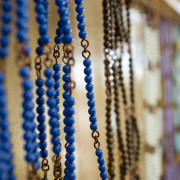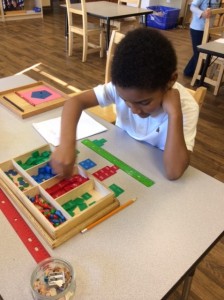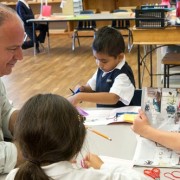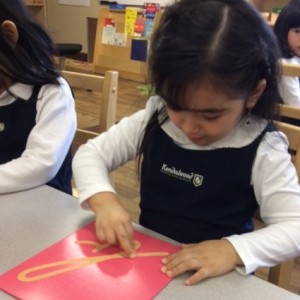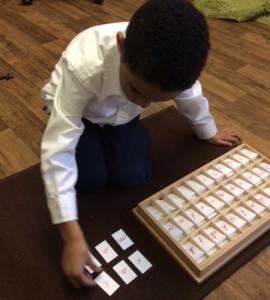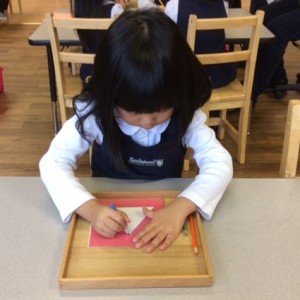Durham Region Summer Camp at Kendalwood Montessori
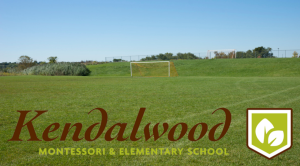 Each summer, Kendalwood offers an 8-week Summer Camp Program full of creative and engaging activities for children in Durham Region. The summer break offers an opportunity to combine the nurturing Montessori environment with an authentic summer day camp experience designed for children between 18 months and 12 years old.
Each summer, Kendalwood offers an 8-week Summer Camp Program full of creative and engaging activities for children in Durham Region. The summer break offers an opportunity to combine the nurturing Montessori environment with an authentic summer day camp experience designed for children between 18 months and 12 years old.
Focusing on sports, arts & crafts, songs, nature and science, Kendalwood offers a program that is fun, educational and enriching. Camp follows our Montessori ideals through a well prepared environment, peer mentoring and mixed-age groups while exploring hands on learning with a nod to traditional summer camp programming.
Weekly themes add to the fun and take advantage of our wonderful outdoor environment at Kendalwood including playgrounds, adjacent soccer field and expansive paved lot now complete with a basketball net. We also venture into the community for exciting field trips to visit variety of Durham Region attractions and other select venues which support our learning themes.
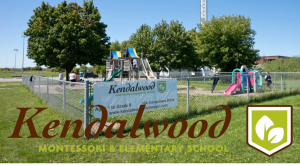 Camp is led by our energetic and qualified Kendalwood staff including teachers, assistants and may also include appearances from former staff members who are always welcomed! Occasionally we will host have University/College students currently enrolled in Teacher training, Early Childhood, and or Montessori teacher training. Your children will be sure to thrive over the course of a Kendalwood summer!
Camp is led by our energetic and qualified Kendalwood staff including teachers, assistants and may also include appearances from former staff members who are always welcomed! Occasionally we will host have University/College students currently enrolled in Teacher training, Early Childhood, and or Montessori teacher training. Your children will be sure to thrive over the course of a Kendalwood summer!
New to Montessori?
 The summer season offers a wonderful opportunity to explore what Montessori education has to offer your child. Families from Ajax, Whitby and Oshawa are welcomed to join current students in our summer camp program for a taste of life at Kendalwood. Siblings, former students and new students often join us for the summer. If you would like to learn more about summer camp, please contact us. We would be happy to provide you and your child with a tour of the campus and answer your questions!
The summer season offers a wonderful opportunity to explore what Montessori education has to offer your child. Families from Ajax, Whitby and Oshawa are welcomed to join current students in our summer camp program for a taste of life at Kendalwood. Siblings, former students and new students often join us for the summer. If you would like to learn more about summer camp, please contact us. We would be happy to provide you and your child with a tour of the campus and answer your questions!

